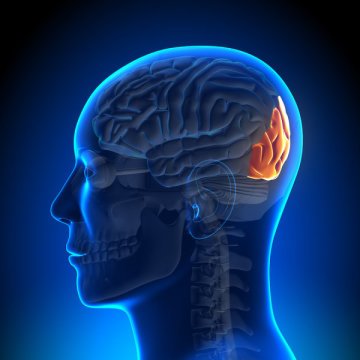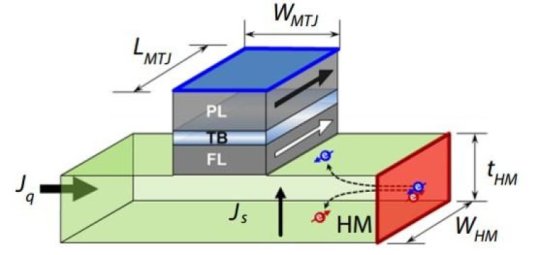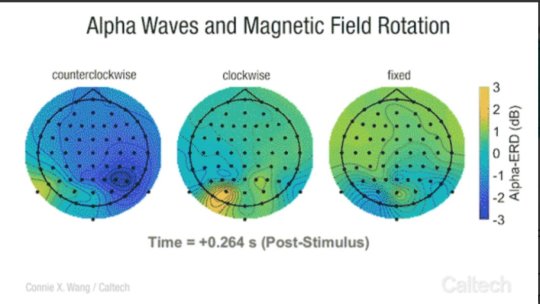Machine enhanced humans -- or cyborgs as they are known in science fiction -- could be one step closer to becoming a reality, thanks to new research Lieber Group at Harvard University, as well as scientists from University of...
A team of researchers from Carnegie Mellon University, in collaboration with the University of Minnesota, has made a breakthrough in the field of noninvasive robotic device control. Using a noninvasive brain-computer interface (BCI), researchers have developed the first-ever successful...
When we train the reaching for and grasping of objects, we also train our brain. In other words, this action brings about changes in the connections of a certain neuronal population in the red nucleus, a region of the...
What if scientists could manipulate your brain so that a traumatic memory lost its emotional power over your psyche? Steve Ramirez, a Boston University neuroscientist fascinated by memory, believes that a small structure in the brain could hold the...
When making a complex decision, we often break the problem down into a series of smaller decisions. For example, when deciding how to treat a patient, a doctor may go through a hierarchy of steps -- choosing a diagnostic...
To move through the world, you need a sense of your surroundings, especially of the constraints that restrict your movement: the walls, ceiling and other barriers that define the geometry of the navigable space around you. And now, a...
Computers and artificial intelligence continue to usher in major changes in the way people shop. It is relatively easy to train a robot's brain to create a shopping list, but what about ensuring that the robotic shopper can easily...
A synaesthesia-like effect in which people 'hear' silent flashes or movement, such as in popular 'noisy GIFs' and memes, could be due to a reduction of inhibition of signals that travel between visual and auditory areas of the brain,...
Scientists develop a robust experiment that shows human brain waves respond to changes in Earth-strength magnetic fields.
Many humans are able to unconsciously detect changes in Earth-strength magnetic fields, according to scientists at Caltech and the University of Tokyo.
The study,...
Anyone who has ever put a small child to bed or drifted off in a gently swaying hammock will know that a rocking motion makes getting to sleep seem easier. Now, two new studies reported in Current Biology on...
A team of researchers from McMaster University has discovered a new technique to examine how musicians intuitively coordinate with one another during a performance, silently predicting how each will express the music.
The findings, published today in the journal Scientific...


















